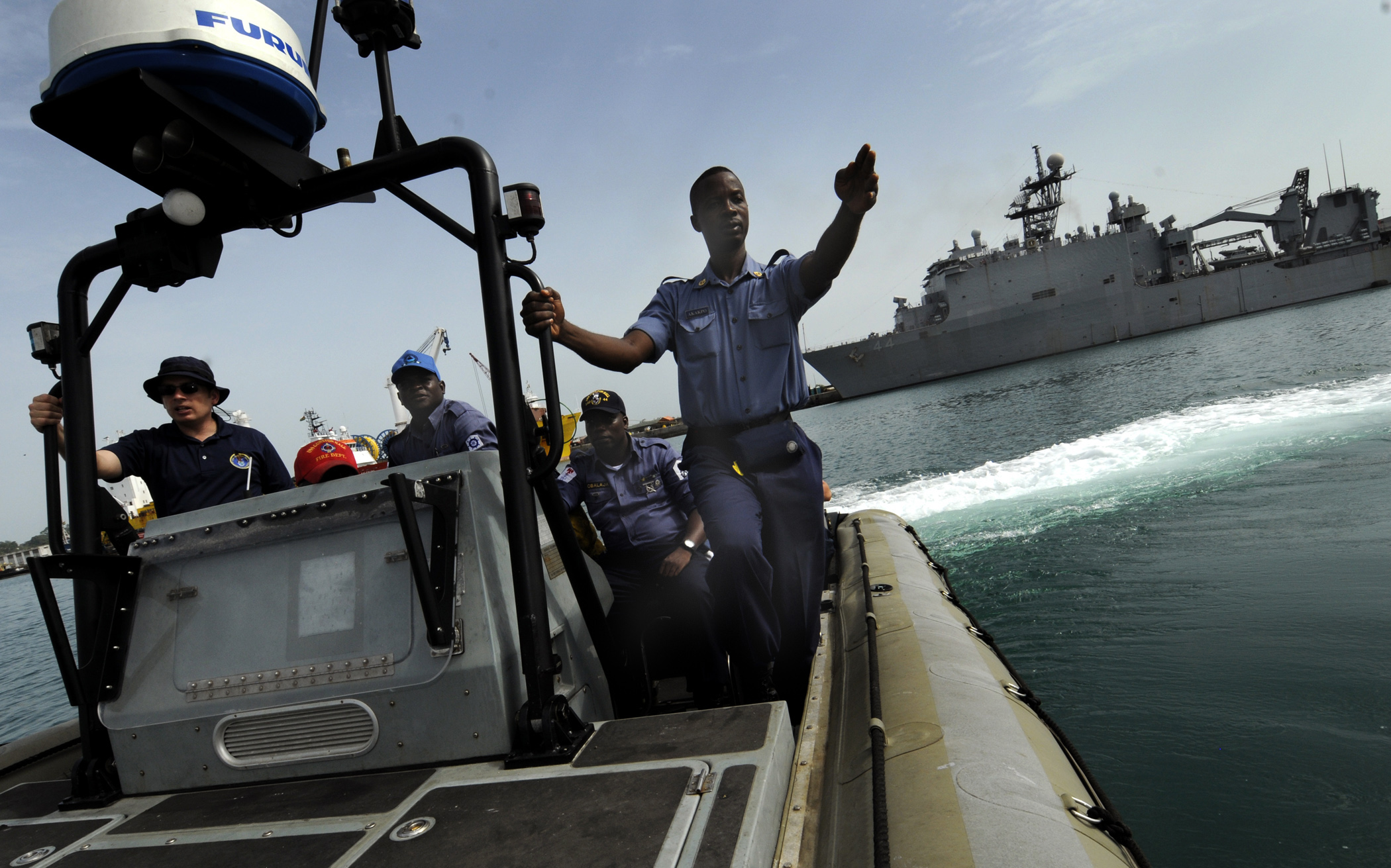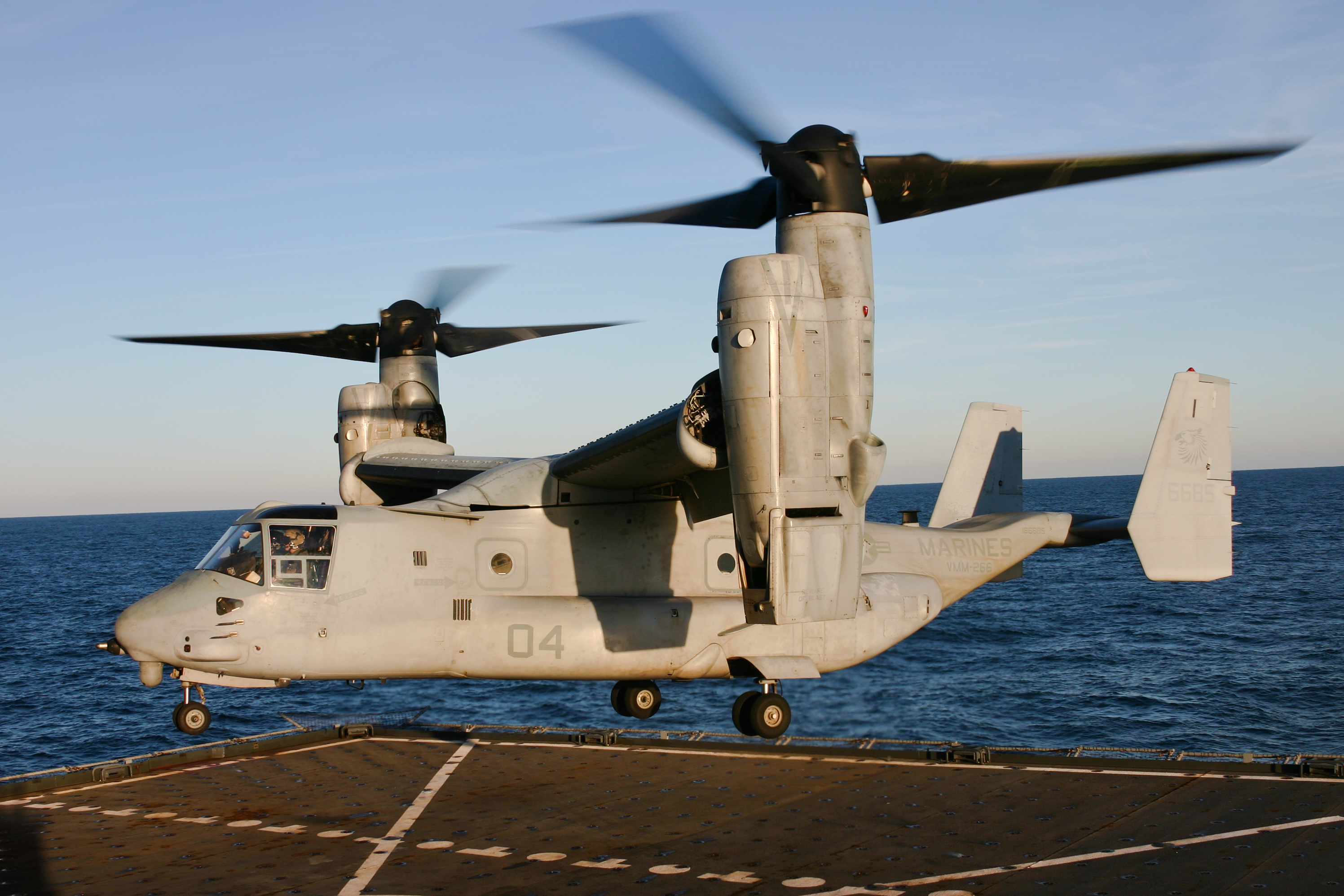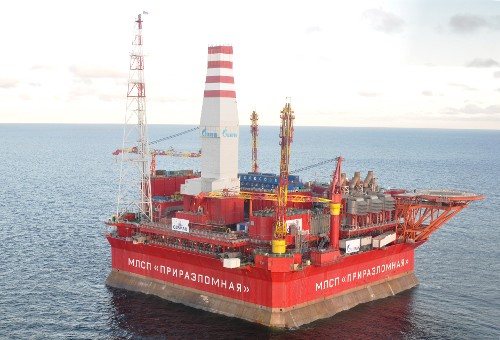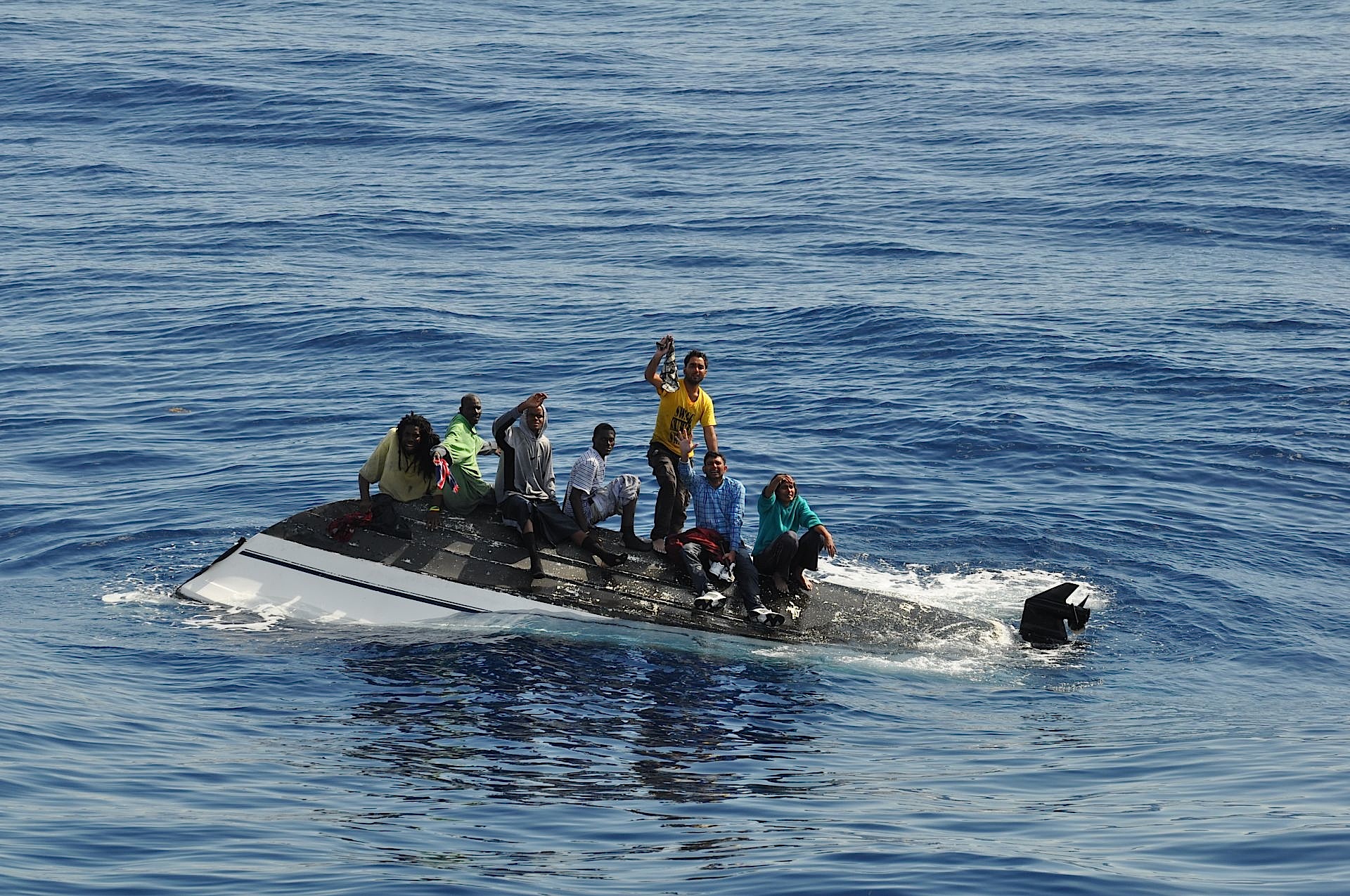While NATO member states and partner countries continue to combat piracy off the coast of Somalia in the Gulf of Aden, there are growing concerns about the security of shipping in the Gulf of Guinea. In late May, a Nigerian oil tanker was seized by pirates and its crew kidnapped approximately 75 kilometres off the Nigerian coast. In April, a Liberian container ship was hijacked off the coast of Equatorial Guinea and a Greek oil tanker was attacked in a separate incident, narrowly escaping an attempted hijacking. With the frequency and intensity of pirate activities apparently increasing in the Gulf of Guinea, it may seem surprising that there have been no calls for the United Nations or NATO to mount an operation in the Gulf of Guinea similar to Ocean Shield, which constitutes the most significant counter-piracy measure in the Gulf of Aden.
[captionpix align=”left” theme=”elegant” width=”380″ imgsrc=”http://beegeagle.files.wordpress.com/2012/09/nns-thunder-f90-arrives.jpg?w=640″ captiontext=”NNS Thunder F90 sails into Nigerian waters from the USA, January 2012.”]
However, there are promising signs that an African-led response to piracy will soon be in place. On July 29-31, naval chiefs from thirteen West African states gathered in the port city of Calabar, Nigeria to articulate a counter-piracy strategy and to exchange best practices. This follows a June summit held in Cameroon at the ministerial level to discuss the surveillance of territorial waters in order to address issues ranging from piracy to the trafficking of illicit narcotics. Representatives of 25 countries, comprising the membership of both the Economic Community of West African States (ECOWAS) and the Economic Community of Central African States (ECCAS), were in attendance, with only Gambia apparently objecting to plans for a draft Code of Conduct on counter-piracy efforts and a Memorandum of Understanding on Maritime Security.
If the ECOWAS and ECCAS member states are able to follow these discussions with tangible agreements, the Gulf of Guinea region will be equipped with a formidable legal and political framework for addressing piracy. This is a distinct advantage over the Horn of Africa, where the lack of functioning state institutions in some crucial countries has necessitated an intervention by the wider international community. This is not to say that the Horn of Africa lacks a regional organization on the level of ECOWAS or ECCAS; the Intergovernmental Authority on Development (IGAD) has fulfilled the role of fostering regional integration since its inception in 1986. But its member states lack either the capabilities or the political will to become engaged in counter-piracy efforts. For example, Somalia continues to experience instability, while Eritrea suspended its IGAD membership in 2007, during an intense territorial dispute with neighbouring Ethiopia. Aside from Djibouti, the remaining IGAD membership does not have any coastline on the Gulf of Aden (Sudan and Kenya) or simply does not have any coastline at all (Ethiopia, South Sudan, and Uganda).
[captionpix align=”right” theme=”elegant” width=”350″ imgsrc=”http://img.readtiger.com/wkp/en/Ghanaian_Naval_Ship.jpg” captiontext=”Ghana Navy Carrier Battle Group conducting Naval Warfare operations on the Gulf of Guinea and Atlantic Ocean.”]
Another promising indication that an African-led response will take shape in the Gulf of Guinea is the rapidity with which regional navies are developing their capabilities. Nautic Africa, a Cape Town-based shipbuilding company, has been awarded approximately $65 million US in contracts to produce seven Fast Multi-Role Patrol Vessels for the Nigerian and Ghanaian navies. Under the Excess Defence Articles system, the Nigerian Navy also recently acquired a former U.S. Navy survey ship and a U.S. Coast Guard cutter, which will be purposed toward counter-piracy operations following their delivery in early 2014. To promote the international image of the Nigerian Navy, another former U.S. Coast Guard cutter employed by the Nigerian military will set sail to Sydney for a prestigious international fleet review, hosted by the Royal Australian Navy. Incidentally, this vessel will be the extent of the African representation at this year’s fleet review: the South African Navy has indicated it will not be able to participate this time.
Piracy and a whole slew of other maritime security issues present a destabilizing threat to West Africa. Fortunately, this threat has been acknowledged and a response is being developed, presenting the opportunity to avoid the situation experienced in the Gulf of Aden. Nevertheless, international actors will need to monitor the situation closely, carefully applying pressure and providing assistance, much as the United States has done through its Excess Defence Articles system, in order to ensure the regional response does not come too late.




